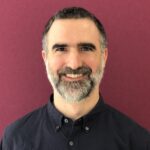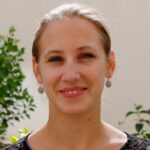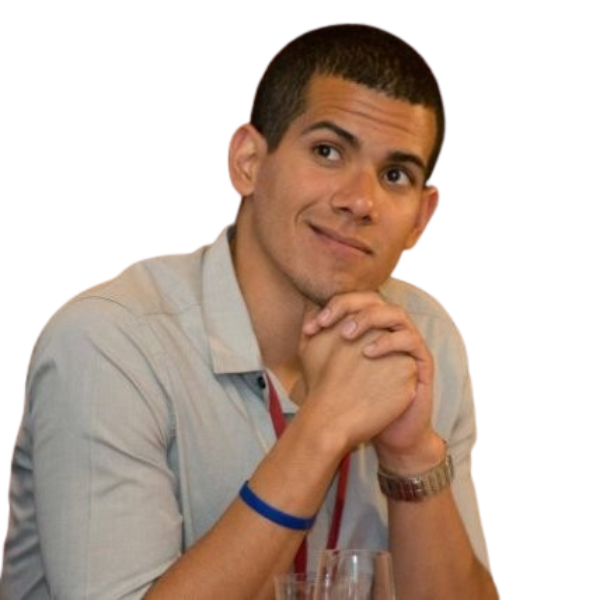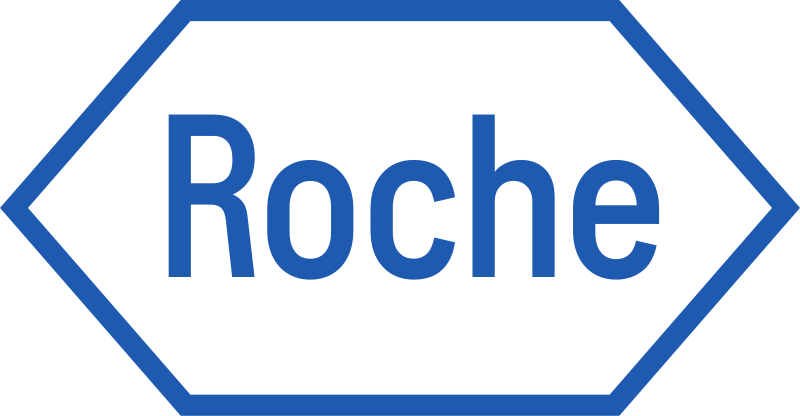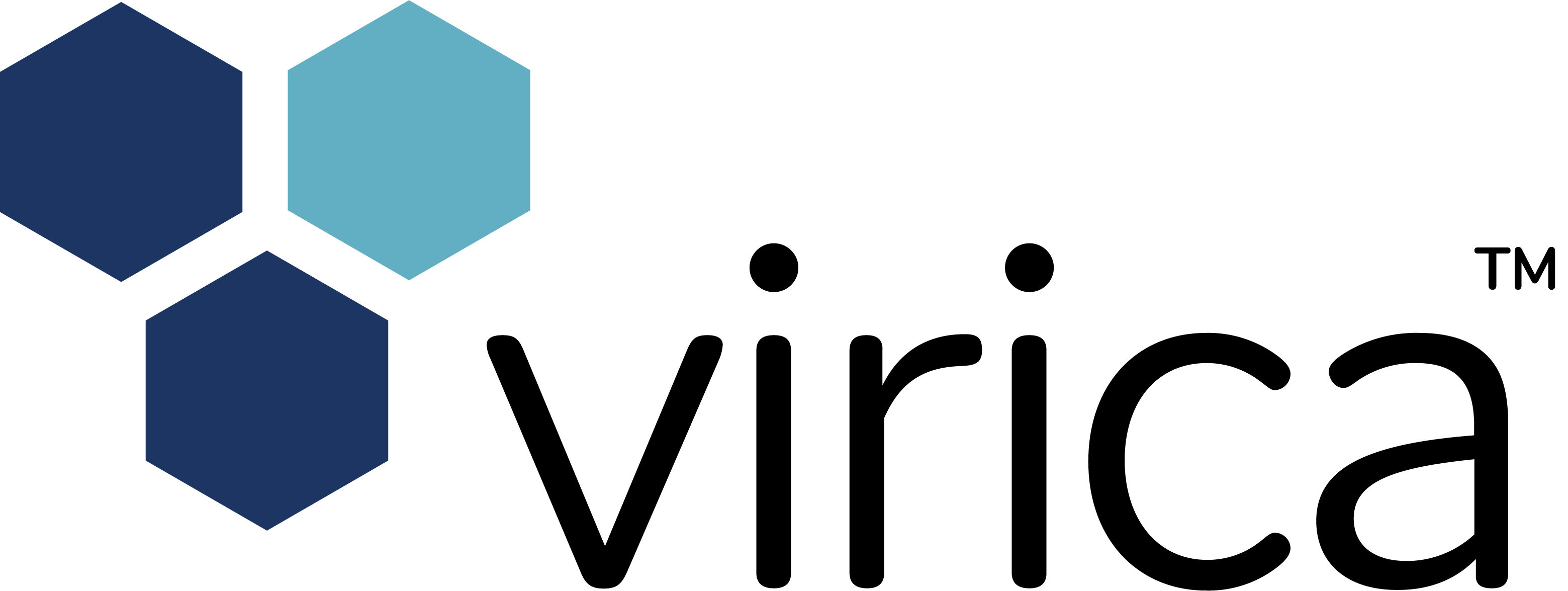Thank you to our speakers, sponsors, and delegates who joined us in Boston for the summit! If you are interested in the 2026 event, please get in touch at info@hansonwade.com
Welcome to the 5th Next Generation Gene Therapy Vectors Summit!
Achieve Safety through Novel Capsids & Payloads
2024 saw huge investments in gene therapy vectors. Following a $1.1 billion acquisition of Kate Therapeutics by Novartis and a collaboration between Roche and Dyno Therapeutics, which could generate more than $1 billion for Dyno, it was time to come together and unlock the ever-clearer potential of vector therapies.
The 5th Next Generation Gene Therapy Vectors Summit returned as the only vector therapy-specific platform for experts to join forces, share technical insights, transform viral and non-viral vector design and selection, and streamline translation to the clinic.
Providing an unmatched, close-knit collaborative environment created specifically with and for the gene therapy vector community, attendees connected and learned from leaders such as Spark Therapeutics, Novartis, 4D Molecular Therapeutics, Apertura Gene Therapy, and Coave Therapeutics, in a bid to discover innovative, rational vector design and AI-driven approaches. It emphasised cost- and time-effective strategies for non-clinical testing and vector manufacturing to achieve clinical validation and deliver vector therapies to more patient populations.
The Expert Speaker Faculty Included:

